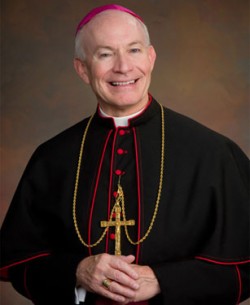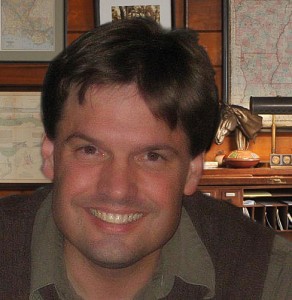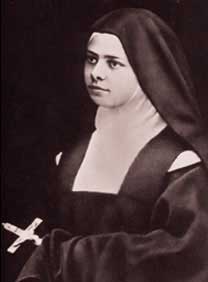Podcast: Play in new window | Download (Duration: 26:00 — 23.8MB) | Embed
Subscribe: Apple Podcasts | Spotify | Amazon Music | Android | Pandora | iHeartRadio | JioSaavn | Podchaser | Gaana | Podcast Index | Email | TuneIn | Deezer | Anghami | RSS | More
 Archbishop Lucas offers insights on the US Catholic Catechism for Adults Chapter 25:
Archbishop Lucas offers insights on the US Catholic Catechism for Adults Chapter 25:
The first three Commandments treat our relationship to God. The last seven concern our relationship with each other. The First Commandment calls us to have faith in the true God, to hope in him, and to love him fully with mind, heart, and will. We respond to God, who has created and redeemed us and extends his providential care to us every minute of each day. The First Commandment fosters the virtue of religion that moves us to adore God alone because he alone is holy and worthy of our praise.
United States Conference of Catholic Bishops (USCCB)
The Most Reverend George J. Lucas leads the Archdiocese of Omaha.
For other episodes in the visit our Archbishop George Lucas page
This programs is based on:
More information can be found here.
We wish to thank the USCCB for the permissions granted for use of relevant material used in this series.
Also we wish to thank Matt Wilkom for his vocal talents in this episode.










